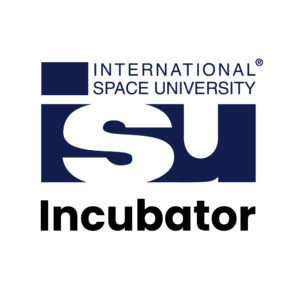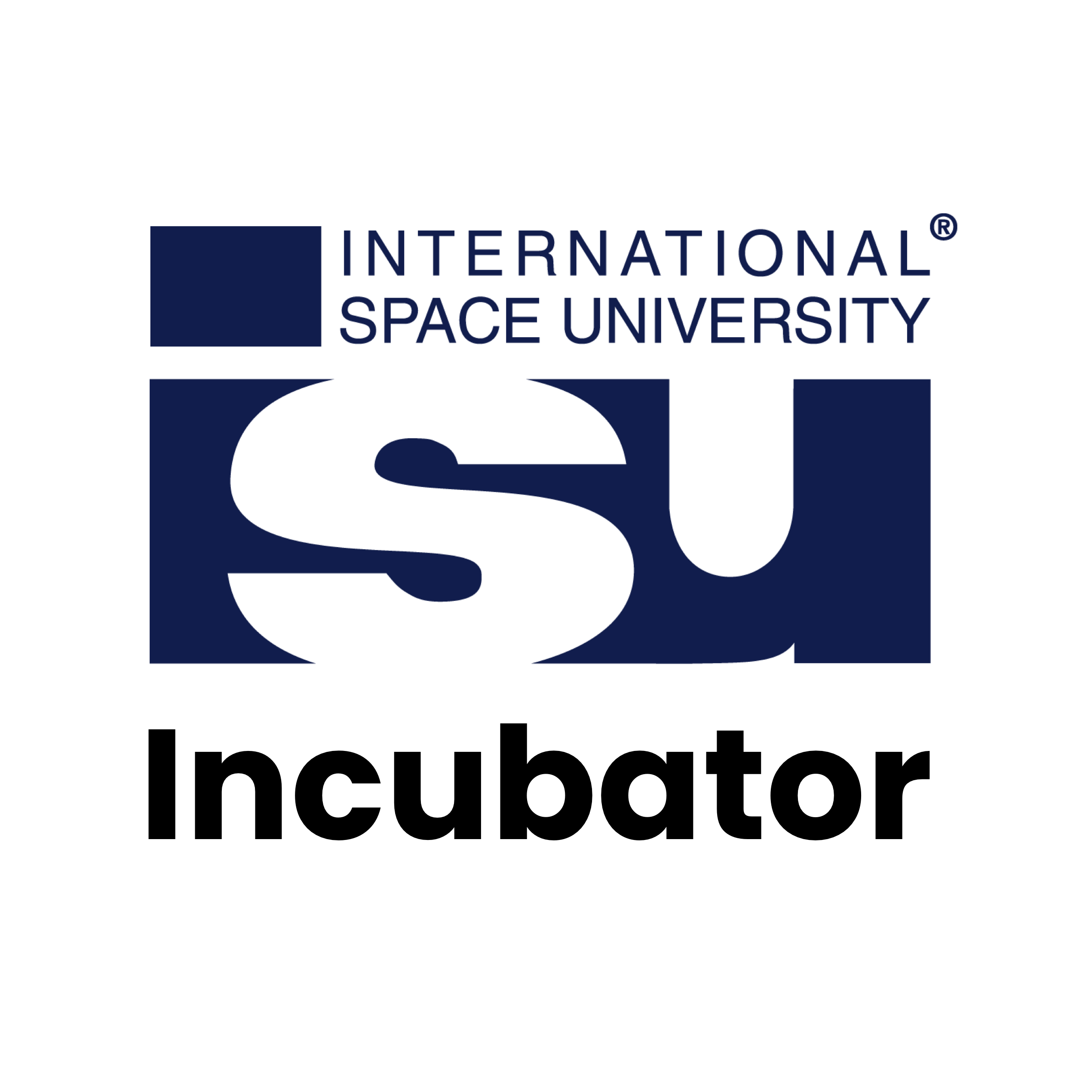From 23-27 August, ISU alumni Scott Ritter (MSS19) and Marco Marsh (MSS20) joined an international and interdisciplinary cohort of selected participants in a one-week Business, Engineering, and Surgical Technologies (B.E.S.T.) course at the Research Institute against Digestive Cancer (I.R.C.A.D.) in Strasbourg. I.R.C.A.D. is a non-profit medical research and training organization specializing in developing surgical techniques, particularly Minimally Invasive Surgical Strategies (MISS). The B.E.S.T. programme, created by I.R.C.A.D. in 2011, is a custom-designed education program encouraging, educating, and equipping engineers, medical students, and would-be entrepreneurs to pursue a passion for medical innovation.
The 2021 edition of B.E.S.T., which I.R.C.A.D. Taiwan co-hosted, was delivered in three components: (1) lecture-based entrepreneurial sessions, (2) hands-on surgical techniques development, and (3) a team project.
The curriculum of the lectured sessions covered four disciplines; business and entrepreneurship, engineering, surgery and medicine, and legal. B.E.S.T. faculty, specializing in technical, medical, and business fields of medical entrepreneurship, delivered online and in-person lectures on numerous topics, including needs finding, laparoscopic methods, engineering challenges, intellectual property, innovation processes, simulation processes, and venture capital.
The B.E.S.T. programme had a daily workshop session dedicated to skills development in image-guided surgery, where participants donned scrubs and engaged in an eclectic range of medical training exercises. Notable activities include manipulating the state-of-the-art “da Vinci” robotic-assisted system, ultrasound-supported biopsies of artificial tumors, and observing anatomical specimens via the HoloLens mixed reality platform.
The team project element divided participants into small teams, tasking them with delivering a “shark-tank” pitch of viable and innovative ideas to venture capitalists to address one of two real-world medical issues. The two issues in this year’s course were Intestinal Dysmotility and Cervical Cancer in low/middle income/remote areas. Despite enduring several late nights, all teams pitched their ideas and concepts to an international panel of venture capitalists and industry experts on Friday morning. Presentation styles and strategies varied across the groups in Strasbourg and Taiwan, where several used creative mockups and humorous theatrics to demonstrate their case for addressing gastrointestinal issues. In the end, the panelists came together to decide on the winners. To the delight of Scott and Marco, their teams received the “Best Unsupervised Team” and “Best of the B.E.S.T. Strasbourg” awards, respectively.
Several possibilities for space medicine applications were described during the B.E.S.T. course, including telemedicine, minimally invasive incisions and scarless surgical techniques, artificial intelligence-guided surgery planning, safety monitoring, and process improvement. As humans reach beyond low Earth orbit to the Moon and Mars, innovative medical technologies and approaches will be increasingly needed to address knowledge gaps for managing the health risks humans face in the space environment during long-duration missions.
Picture: ISU alumnus, Marco Marsh, completes a laparoscope maneuvering training exercise.

